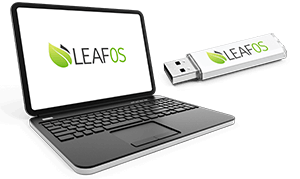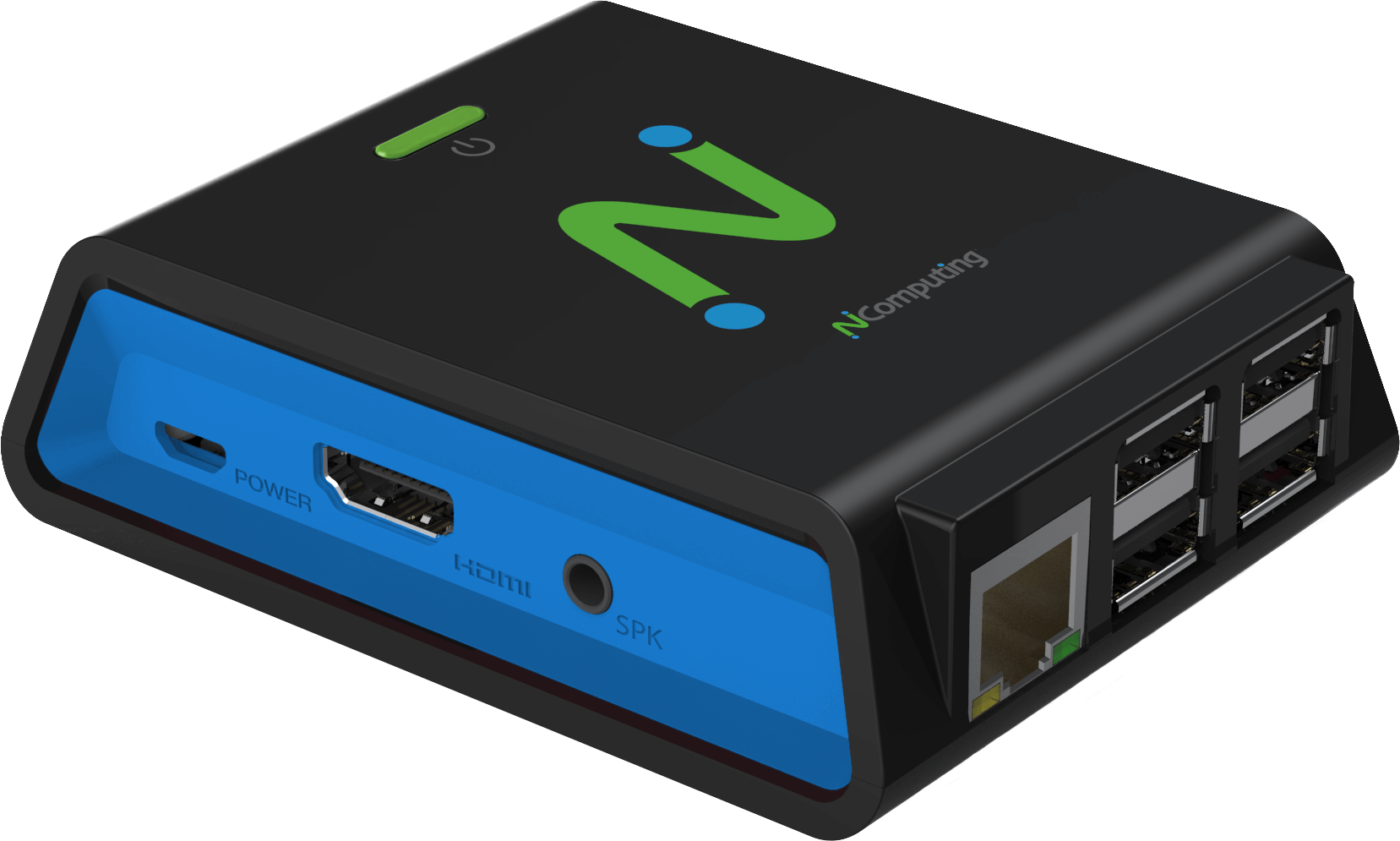UK council uses RX-HDX to lower costs and standardize the digital workspace.
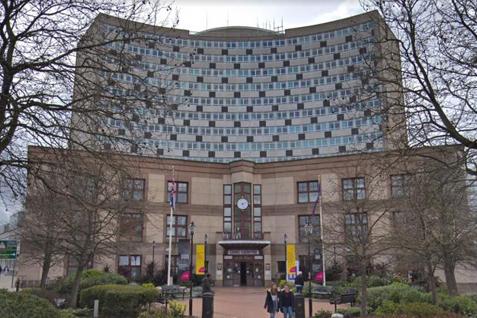
- A UK council has saved £100,000 with technology originally used to teach coding in schools
- Merton Council is pioneering a ‘lean’ model of digitalisation based on the NComputing RX-HDX, a tiny Raspberry Pi based computer to create an enterprise standard digital workspace for staff at a low cost
- It could dramatically lower the cost of digitalising public services and facilitating remote workforces
Merton Council, home to the famous Wimbledon tennis championship, was facing a major budget shortfall of £70 million in 2011. As an award-winning local authority that spends above the local authority average on social care, it needed to find a way to plug the funding gap without sacrificing vital services.
Despite straitened financial circumstances, the council intended to keep rebates for low-income households and exemptions for young people leaving care, as well as opening new facilities from leisure centres to schools. Instead of following the conventional route of cuts to public provision, the council chose instead to focus on ways to innovate and overhaul its own processes and deliver efficiency savings by doing ‘more with less.’
In 2011, the council adopted its ‘July Principles’ which aimed to find “innovative solutions to maximise efficiency.” Its ‘Transformation Statement’ outlined ambitious plans to harness information technology to streamline services and give taxpayers greater value for money.
Solution: ‘Frugal innovation’
Against a backdrop of tighter budgets for all UK local authorities, the council’s IT team deployed an innovative ‘lean’ model of digital modernisation to create digital workspaces similar to those of multinational enterprises. The aim was to use ‘frugal innovation’ to replicate the futuristic functionality and security of enterprise IT systems on a shoestring budget.
Merton’s IT team chose to create a cost-effective, energy-efficient digital workspace powered by the NComputing RX-HDX Citrix Thin Client, a Raspberry PI based single-board computer that originally has brought low-cost coding to almost half of all UK schools. The Pi-powered Citrix Ready Workspace Hub operates on the principle of ‘good enough’ computing to replicate advanced ‘enterprise IoT’ environments at a fraction of the cost. It connects everything from smartphones to apps within one central and secure council ‘smart hub’ and can control up to 50,000 devices from a single virtual machine.
The council’s IT team also decided to phase out expensive desk phones and replace them with computer headsets for 2,500 council staff across its offices and call-centres. It rolled out 1,350 tiny credit card-sized RX-HDX basedterminals across their offices to power new headsets with microphones for everyone from councillors to call-centre staff. The technology could also create a more mobile and collaborative council workforce by allowing staff carry out remote videoconferences and even remotely switch between devices.
Impact: ‘Digital transformation on a shoestring’
Merton Council has offered a pioneering example of achieving digital transformation by employing the principal of ‘frugal innovation.’ The NComputing Citrix Ready Workspace Hub has enabled the council to create a fully-fledged digital workspace for its 2,500 staff that replicates the features of ‘enterprise IT’ systems without the cost and complexity.
Powering a digital workspace with RX-HDX clients has allowed the council to save over £100,000 of taxpayers’ money. It has also enabled the council to phase out expensive desk telephones. Crucially, the technology has replaced fixed telephones with ‘roaming telephones’ enabling people to port their phone number between desks and potentially remotely switch apps and sessions from mobile devices to office PCs, creating a more mobile workforce. It also reduces energy costs by consuming just 5 watts of power.
Its centralised device-management system ‘NoTouch’ allows administrators to remotely upgrade or fix all staff devices, dramatically reducing administrative costs. Crucially, the system is highly secure as it does not use Windows and even enables staff to verify they are in the building with ‘proximity authentication’ enabling the council to protect sensitive public information with enterprise standard security. Future software updates could enable further an enterprise ‘Internet of Things’ to be rolled out across council workspaces.
Merton’s experience offers a secure, low-cost path to a hi-tech digital ‘office of the future’ that could lower the barriers to digital transformation and remote working across the public sector.
Richard Warren, head of IT Service Delivery at Merton Council said: “We have found the system provides all the functionality that we need but at a much lower cost than many enterprise-IT systems. It’s a perfect example of using IT innovation to give taxpayers greater value for money and deliver improved services at lower cost.”
Jochen Polster, VP Sales & Marketing EMEA at NComputing said: “The vision behind the Citrix Ready Workspace Hub is to help organisations create a workspace fit for the digital economy without unnecessary cost and complexity. Ensuring that employees can seamlessly switch between devices and even port their phone numbers between desks creates an efficient, collaborative, flexible workforce and empowers remote workers. Crucially, RX-HDX enables office administrators to centrally manage all workplace devices from a single location through a single piece of software, empowering companies to oversee and enforce strict data security and privacy.”

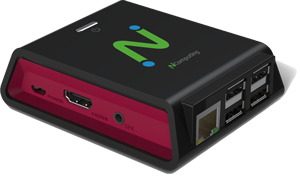
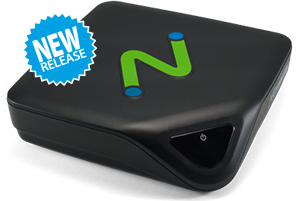
-menu.png)
